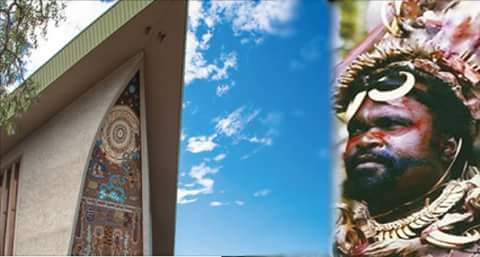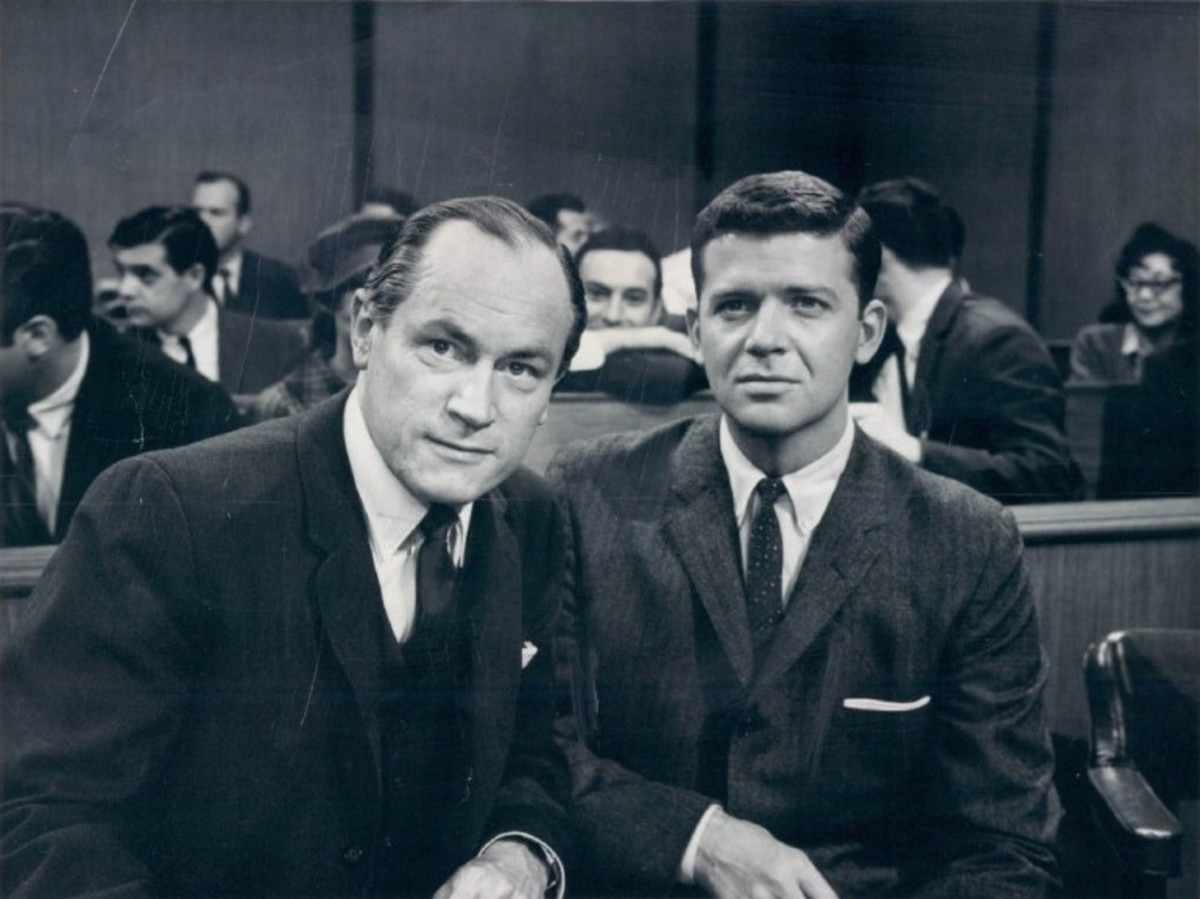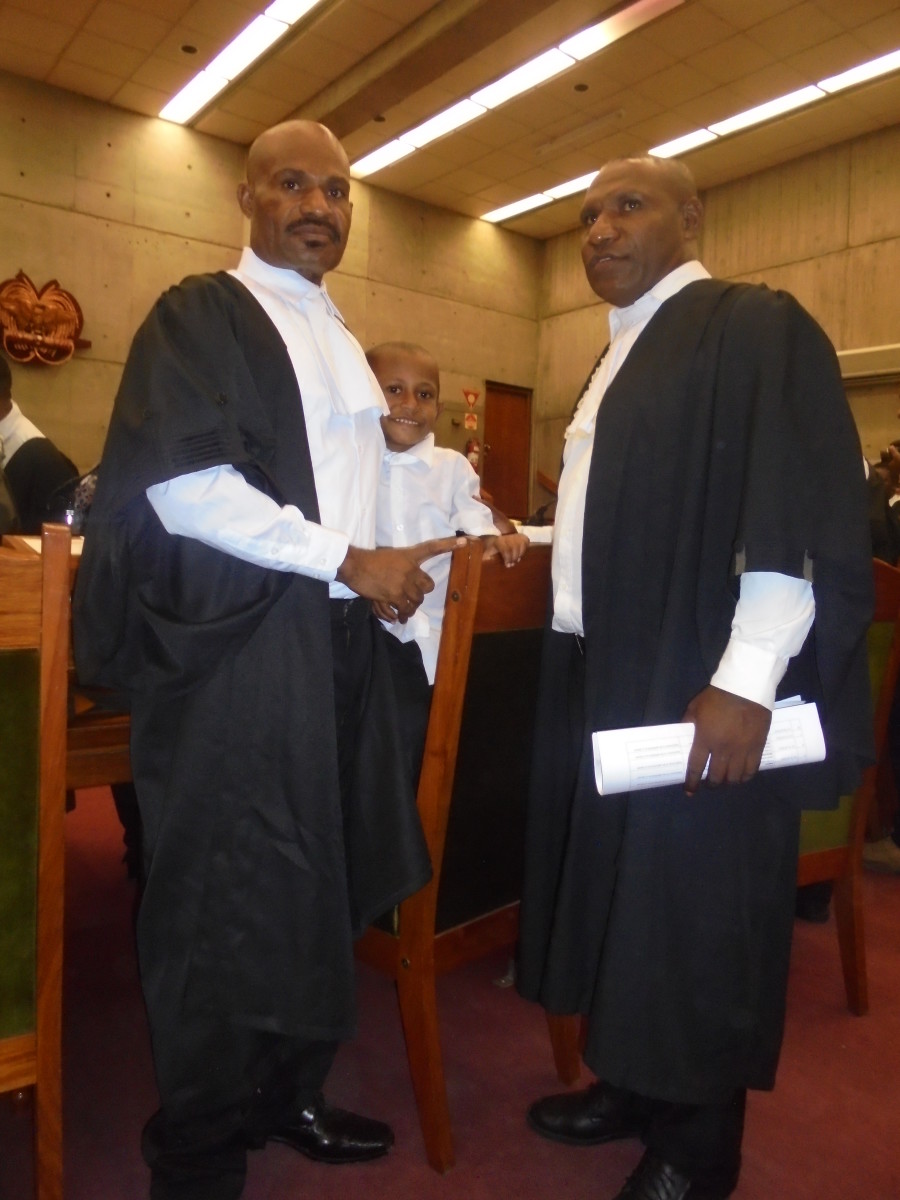Amendment of Election Petition in Papua New Guinea

Amendment to election petition must be done within 40 days
The law on amending a petition is clear. It is trite law that a petition cannot be amended outside the 40 days period specified in s.208 (e) Organic Law. In discussing this in Yawari v Agiru, Wakias and Electoral Commission [2008] (Unreported National Court Judgment; N3983, 27 May 2008), the Court noted theSupreme Court decision where it has succinctly made it clear in Re Delba Biri v. Bill Ginbogl Ninkama[1982] PNGLR 342 at 347 said:
"Again we are in agreement with the judgment in Mapun Papol v. Antony Temo at p.180 that these provisions were intended to make a definite cut-off point after which there would or could be no further questions about the results of elections. The electorate is entitled to be in no doubt as to who is its member. The peculiar nature of this jurisdiction and the importance of the public interest of securing an early determination of the matter are relevant considerations against extensions of time and amendments of petitions. See Senanayake v. Navaratne [1954] A.C. 640.
The weight of authority both in our jurisdiction and in other jurisdictions with very similar electoral laws is clearly on the side of disallowing any amendment after the time limit for filing the petition has expired. See In re Manus Provincial Parliamentary Election [1977] PNGLR 354, and per Kearney J. (as he then was) in Re Pomio Open Election (Unreported judgment, dated 18th October, 1977), delivered at Rabaul.
There is a long line of authority for the proposition that there can be no amendment to a petition after the expiration of the time limit, commencing with Maude v. Lowley (1874) L.R. 9 C.P. 165. Then see Clark v. Lowley (1883) 48 L.T. 762, where the court indicated that an amendment would not be allowed where there was "a rigid limit" of time for the presentation of the petition. In In re Norwich Election Petition; Birbeck v. Bullard (supra) the court indicated that if an election petition were an ordinary cause, probably an amendment introducing additional grounds might be allowed but the court was obliged to have regard to the limitation within which a petition must be presented. In Crafter v. Webster (1979) 23 S.A.S.R. 61, the Full Court of the Supreme Court of South Australia said at p.63:
"A rigid limit of time similar to that falling for consideration in the cases to which we have referred is provided in s.170 (1) (e) of the Electoral Act (S.A). In our view the mere fact that the Court has the same powers, jurisdiction and authority as a Judge of the Supreme Court presiding at the trial of a civil cause does not entitle the Court of Disputed Returns to allow an amendment after the expiry of the time limited for filing the petition. For the sake of completeness we refer to Cameron v. Fysh [1904] HCA 49; (1940) 1 C.L.R. 314, in which Griffith C.J. refused an application to amend a petition under the Electoral Act 1902 (Cth) upon the ground that if he were to allow the amendment he would ‘practically be extending the time for filing the petition’."
Biri v. Re Ninkama, Electoral Commission, Bande and Palumea [1982] PNGLR 342. This was an election petition disputing the validity of an election addressed to the National Court and filed pursuant to s. 206 of the Organic Law on National Elections must comply strictly with each and every requirement of s. 208. On hearing the petition under s. 206 of the Organic Law, the National Court made a reference to the Supreme Court, pursuant to s. 18(2) of the Constitution two question of law which arose during the hearing of the disputed election petition. The two questions were:
- To what extent must an electoral petition disputing the validity of an election addressed to the National Court and filed pursuant to the Organic Law on National Elections comply with s. 208 of that law?
- To what extent or in what circumstances may the National Court sitting as a Court of Disputed Returns under s. 206 of the Organic Law on National Electionspermit or allow an amendment of an electoral petition which does not comply with all or any of the provisions of s. 208 of the Organic Law on National Elections:
- within two months after the declaration of the result of the election in accordance with s. 176(1)(a) of the Organic Law on National Elections; and
- after the period of two months following the declaration of the result of the election in accordance with s. 176 of the Organic Law on National Elections.
The Court answered the questions as follows:
Question 1
An electoral petition disputing the validity of an election addressed to the National Court and filed pursuant to s. 206 of the Organic Law on National Elections must comply strictly with each and every requirement of s. 208 of that law.
Question 2
On hearing of an Electoral Petition under s.206 of the Organic Law on National Elections the National Court:
- May allow an amendment of a petition which does not comply with all or any of the provisions of s. 208 of the Organic Law on National Elections provided that the application for amendment is made within the period of two months after the declaration of the result of the election in accordance with s. 176(1)(a) of the Organic Law on National Elections; and
- b. Shall not allow and does not have the power to allow an amendment of a petition after the period of two months after the declaration of the result of the election in accordance with s. 176(1)(a) of the Organic Law on National Elections.
In Chan v. Apelis and the Electoral Commission (No 1) [1998] PNGLR 408, the petitioner filed an election petition disputing the election of the first respondent as the Member of Parliament. The petitioner filed his petition on the 39th day of the 40 days required for filing an election petition under s 208(e) of the Organic Law on National and Local-level Government Elections. The 40th day fell on a Saturday. The petitioner than filed an amendment to the petition on the 42nd day which was the following Monday. The Court in dismissing the amended petition and refusing to dismiss the original petition held that an election petition filed after the 40 days period cannot be amended thereafter. The 40 days envisioned by the OLNLGE includes weekends and an amendment to a petition does not repeal or replace the original petition. The amendment only seeks to alter or amend a part or parts of the original petition.
Tulapi v. Luta and Ors [2000] PNGLR 120. The petitioner sought a review of the National Court’s refusal to grant the second amendment. In dismissing the application, the Court held that the petitioner has no right to amend a petition after the 40 days time-limit has lapsed and the National Court has no power to make such amendment. Delba Biri v John Ninkama [1982] PNGLR 342 applied. Further the Court held that the power to amend an election petition outside the 40 days is a specific power which neither the Organic Law on National and Local Level Government Elections provides for generally nor can the Court construe s 212(1) to give itself that new power.
Pogo v. Zurenuoc and Electoral Commission[2003] (Unreported National Court Judgment N2351, dated 13th February 2003).The first was an application to amend the date of declaration in the petition, and the second was the objections to competency by the First Respondent supported by the Second Respondent. The issue is simply whether the petition can be amended outside the 40 day’s time limit.
Section 208 (e) states that a petition shall be filed in the Registry of the National Court at Port Moresby or at the court house in any Provincialheadquarters within 40 days after the declaration of the result of the election in accordance with Section 175 (1) (a).The Election Petition Rules promulgated by the Judges on 11th July 2002 compliment that Constitutional Law provision in Rule 11, which states a petition may be amended at any time before the expiry of 40 days from the declaration.
The First Respondent says that the petition does not comply with the mandatory requirements of Section 208, that the petition was filed one day outside the 40 days’ time limit. The 40 days period from 4th July 2002 expired on 13th August 2002, and since the Petitioner had filed his Petition on 14th August 2002, he was out of time by one day. The First Respondent submitted that the petition offends s. 208 (e) as the Organic Law does not empower the Court to grant an amendment outside the 40 days’ time limit. Furthermore, it was submitted that the Court’s power in amending a petition only applies when the amendment is made within the 40 days’ time limit. The Electoral Commission, (the Commission) which is the Second Respondent herein, supports the First Respondent’s objections to competency.
In dismissing the petition the court said:
“The Petitioner has the right to amend his petition, but the law is quite specific as to when he may amend his petition. He may amend within the 40 days from the date of declaration. The law does not allow an amendment outside that 40 days’ time limit and despite the Court’s several questions to counsel for the Petitioner as to where this Court can derive its power to amend the petition at this stage, he has been unable to point to any law. It is important to note that the Petitioner’s motion to amend his petition is heard on the sixth month after the 40 days’ time limit has lapsed. Simply, there is no power to amend outside the 40 days limit”.
In the Matter of the Organic Law on national and Local-Level Government Elections, Ijape v Kimisopa [2003] (Unreported National Court Judgment N2344, 6 March 2003).This was an election petition by the petitioner against the first respondent’s election as Member of Parliament. The Respondents to the petition, Mr Kimisopa and the Electoral Commission present two main arguments for their objection. The first was that the petition was not addressed to the National Court as was required by s. 206 of the Organic Law. Instead, it was addressed to Mr. Biri Kimisopa and the Electoral Commission. Secondly, they claimed that material facts relied on by petitioner to invalidate the election have not been pleaded with sufficient particulars. Reliance was placed on ss.208 (a) and 215, of the Organic Lawon National Electionsand the case built around them.
The court in dismissing the petition said a petitioner is always under an obligation to strictly comply with the Organic Law when filing an election petition. It follows therefore that, Mr. Ijape is not at any liberty to amend by submission, in asking for a reading of the petition as one after the expiry of the time period prescribed under s. 208 (e) as a matter of law.
By: Mek Hepela Kamongmenan LLB








